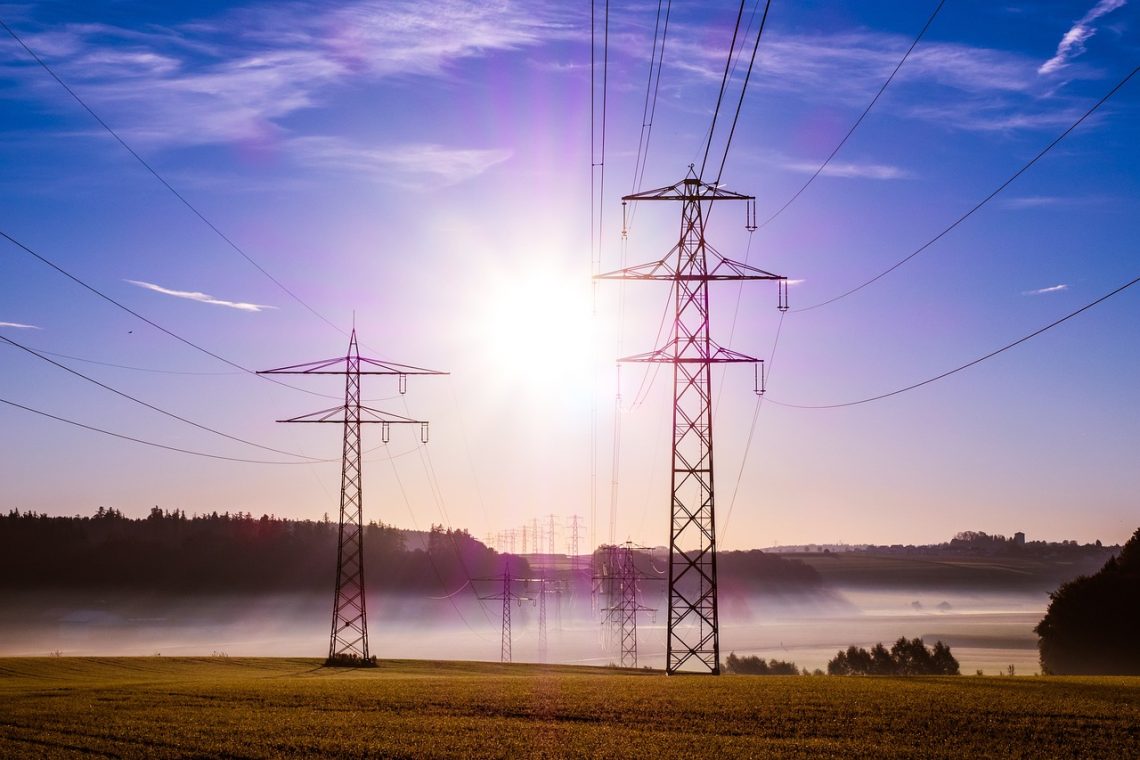Many individuals and businesses are constantly seeking ways to save on energy costs. One effective strategy is negotiating better energy rates with providers. By proactively managing your energy expenses, you can potentially secure more favourable rates and reduce your monthly bills. This post will outline some essential tips and strategies to help you navigate the negotiation process successfully.
1. Research and Compare
Before approaching any energy provider, it is crucial to conduct thorough research and compare different providers in your area. Use online resources, customer reviews, and industry reports to gather information about various companies’ pricing structures, plans, and offers. For instance, if you are interested in Origin plans, you must know Origin energy rates. A clear understanding of the important factors will give you an advantage when it comes time for negotiations.
2. Evaluate Your Usage Patterns
Understanding your energy consumption patterns is essential before initiating negotiations with providers. Analyse past bills to identify peak usage times or seasons when your energy consumption tends to be higher. This knowledge will empower you during talks as you can tailor your requests based on these patterns.
3. Be Prepared to Switch Providers
One of the most effective negotiation tactics is being willing to switch providers if necessary. Providers are often motivated to offer better terms or lower rates when they know that customers are actively considering other options on the market. Demonstrating your willingness to leave current providers may incentivise them to extend more competitive offers.
4. Leverage Competition
Once you have researched different providers and demonstrated your openness to switching, use this knowledge as leverage during negotiations with both existing and potential new suppliers. Highlight any attractive packages or deals offered by competitors, emphasising the value in their offerings compared to what’s currently available.
5. Explore Renewable Energy Options
Renewable energy options such as solar power or wind-generated electricity have become increasingly popular in recent years due to environmental concerns and potential cost savings. Discussing renewable alternatives during negotiations can provide an opportunity to request more attractive pricing or special incentives, as many providers are eager to promote environmentally friendly energy solutions.
Photo by Daniele La Rosa Messina on Unsplash
6. Set Clear Objectives
Before entering negotiations, define your objectives clearly. This may include specific target rates, payment terms, billing structures, or any additional services you require. Having a clear picture of your priorities will make it easier to articulate your needs and ensure that the negotiated agreement addresses all aspects vital to you.
7. Negotiate on Multiple Fronts
Remember that negotiations don’t just revolve around rate reductions but can encompass multiple fronts, such as contract length, penalty waivers, additional services, or exemptions. Don’t restrict yourself solely to price adjustments; explore other possibilities that can contribute to overall cost savings and enhanced terms.
8. Be Professional and Confident
During negotiations, maintain a professional demeanour and exude confidence in your market knowledge and value for money. Being polite yet firm will convey your seriousness and determination to secure the best possible deal. Negotiations should be approached as a collaborative effort rather than as an argumentative situation.
9. Timing is Key
Timing plays a crucial role in negotiating better energy rates. It’s essential to be aware of any industry trends, regulatory changes, or upcoming incentives that could affect energy pricing. Stay informed about peak and off-peak seasons for energy consumption in your region, as providers might be more open to negotiations during periods of lower demand.
10. Seek Professional Assistance if Needed
Negotiating with energy providers can be complex, especially for businesses managing more extensive energy portfolios. In such cases, consider enlisting the help of an independent energy broker or consultant who specializes in negotiating contracts with providers on behalf of clients. These professionals have experience and knowledge, potentially leading to even better terms and rates.
In Conclusion
Negotiating better energy rates with providers is an effective way to save money on your bills while also exploring potential opportunities for renewable alternatives. By carefully researching different providers, understanding your usage patterns, leveraging competition, and clearly defining your objectives during negotiations, you can negotiate favourable terms that align with your energy needs and budget requirements. Approaching these conversations professionally and confidently will further enhance the chances of achieving satisfactory outcomes. Take control of your energy expenses today by implementing these tips, and begin enjoying the benefits of reduced costs tomorrow!
Read more lifestyle articles at ClichéMag.com
Images provided by Deposit Photos, BingAI, Adobe Stock, Unsplash, Pexels, Pixabay & Creative Commons





